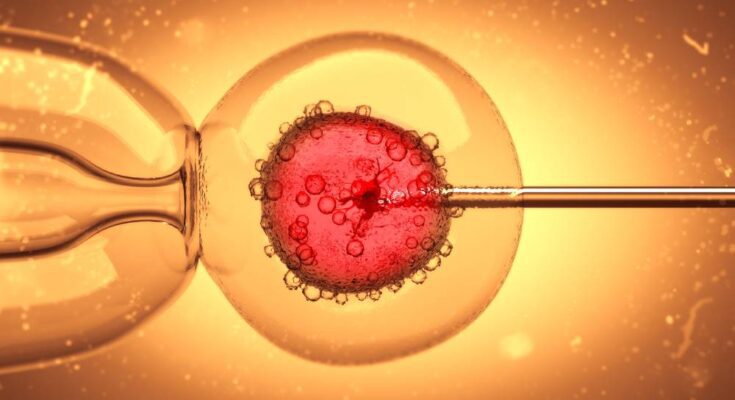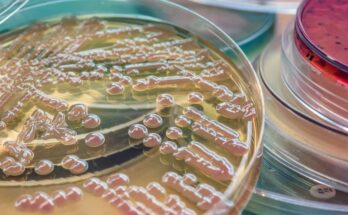Microinjection is an important technique in the field of biological research. By understanding what microinjection is and its applications in science, we can appreciate its pivotal role in advancing our knowledge of cellular and molecular biology. Read on for a quick guide to this very matter.
What Microinjection Is
Microinjection, as the name suggests, is the method of injecting something microscopic. It entails the direct delivery of substances into cells using a fine needle.
The technique allows scientists to introduce materials such as DNA, RNA, proteins, or entire nuclei into target cells. This method is indispensable in experiments that require controlled manipulation of the cellular environment.
Applications in Genetic Research
In genetic research, for example, microinjection is used to create transgenic organisms. To do this, scientists inject foreign genetic material into fertilized eggs, leading to the expression of new traits in the resulting organisms. This helps researchers study gene function and regulation and the development of diseases, providing critical insights into the genetic basis of life.
Advanced Research Techniques
In advanced research, tools like the NanoFil microinjection system allow for even greater precision and control. These sophisticated instruments enable researchers to inject substances into subcellular compartments and individual organelles. To enable this precision, there are many different NanoFil tips scientists can choose from, expanding the capabilities of microinjection even further. Such advancements pave the way for breakthroughs in understanding complex biological processes at the microscopic level.
Role in Reproductive Biology
Microinjection plays a crucial role in reproductive biology, particularly in the field of assisted reproductive technologies. Techniques like intracytoplasmic sperm injection (ICSI) rely on microinjection to directly introduce sperm into an egg, aiding in the treatment of male infertility. This application has helped couples all over the world achieve successful pregnancies.
In summary, microinjection is a powerful tool that offers unparalleled accuracy in manipulating cells and genetic material, proving a powerful ally in today’s scientific community. Now that you understand what microinjection is and its applications in science, you can also be excited about how the technique can unlock new frontiers in biological research and medical advancements.



